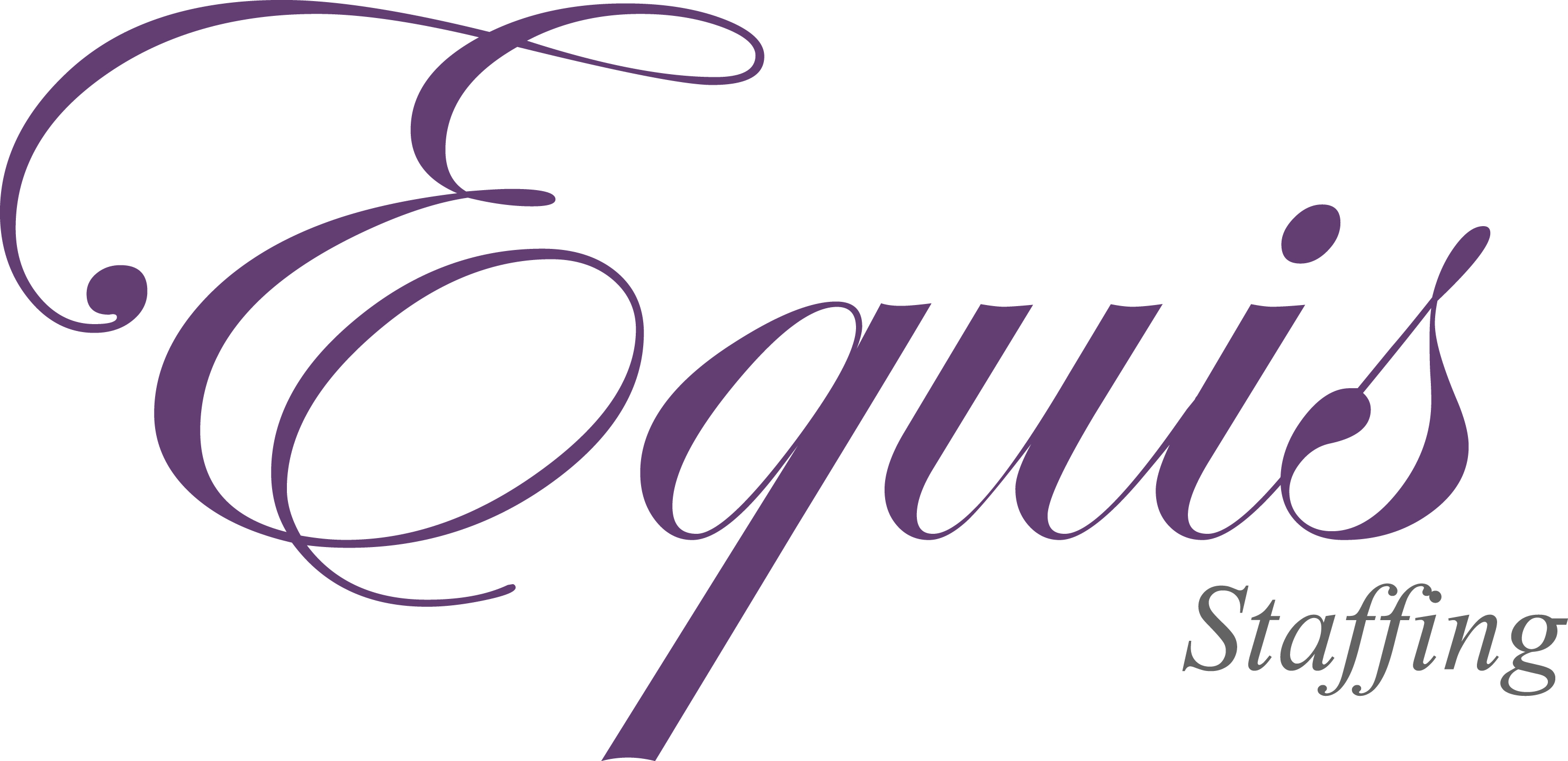There's no doubt that if you've recently started the search for a new job you've had friends and colleagues ask if you are networking or passing along invitations to various networking events. While the idea of networking can feel overwhelming, it can be a powerful tool for pushing you to the next level of business success and introduce new, exciting opportunities into your life.
You'll want to be able to "wow" your fellow attendees at networking events. After all, making a positive first impression can be the stepping-stone to a new career path or a fruitful tenure at respected company. The important thing to remember is that you want to leave a good impression. You want people to remember you and think to themselves, "That is someone I'd like to know."
Networking successfully requires a variety of skills, such as active listening, patience, and being able to anticipate (and meet) the needs of others while also ensuring that your own professional needs are met. Aside from developing these soft skills, there are a few other things you can do to prepare for your next (or first) networking event. Here are our top six:
Set a goal. Consider what you want to get out of the networking event, and pinpoint the type of connections you want to make. Do you want to meet a certain number of senior-level executives? Do you want to collect business cards from your peers at other organizations? Set a goal for whatever you want to accomplish. By doing this you'll be better able to determine if the event was a success and better plan for the next one.
Dress for success. While a networking event likely won't be as formal as a job interview, it's important to remember that it's still a professional event. Be sure to dress appropriately for the venue, and it may help to take the culture of the hosting organizations into consideration. Is it a no-nonsense organization that would look favorably on a full business suit, or is it a more casual event that will allow you to dress down a bit?
Practice your elevator pitch. You'll be introducing yourself to a lot of people at a networking event, so you'll want to be sure that your elevator pitch is polished. Your pitch should be a quick introduction focused on your work experience, abilities, and interests. You should also include information on what types of roles or opportunities you are interested in learning about or pursuing. Practice your pitch ahead of time so that you feel confident while delivering it – that confidence will shine through later at the networking event.
Bring business cards and a pen. It may feel silly to carry these items around in today's digital age, but they can be the quickest way to share information during a networking event. If someone wants your contact information you can just pass along your business card. When someone gives you their business card use your pen to jot down notes about the conversation you had with them. You can use that information later when you follow up with them to remind them of your conversation. (Tip: don't network with an outdated business card from a previous company. If necessary, have business cards with your personal contact information printed up.)
Do your research. Learn more about the company or organization that's hosting the networking event, and try to research who will be in attendance. The more informed you are before even walking in the door, the faster you'll be able to make connections and speak on relevant topics. If there is a list of speakers or notable attendees, make a list of who you want to meet and consider what you'd like to talk to or ask them about. Focus on the quality of your connections rather than the quantity.
Follow up. Networking does not end when the event is over. Remember to follow up with the people you met, whether it's connecting on LinkedIn or sending them an email. Use the notes you made on their business cards to bring up relevant information from your conversation to help the person remember you. You may want to suggest meeting up for a coffee or offering to connect at another event – your follow-up should be in line with the connection you made.
Most people are not born as great networkers. It can take a lot of practice and preparation beforehand, but the job leads, connections, and information gathered will make it worth the effort.
If you are looking to hire an IT, Accounting, or Finance professional, or work in any of those fields and looking to advance your career, you can contact Equis Staffing via email at info@equisdifference.com or give us a call at (818) 444-0100.



.png)
Comments